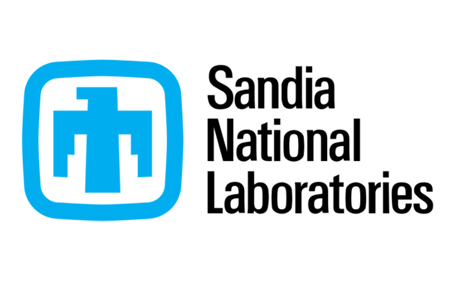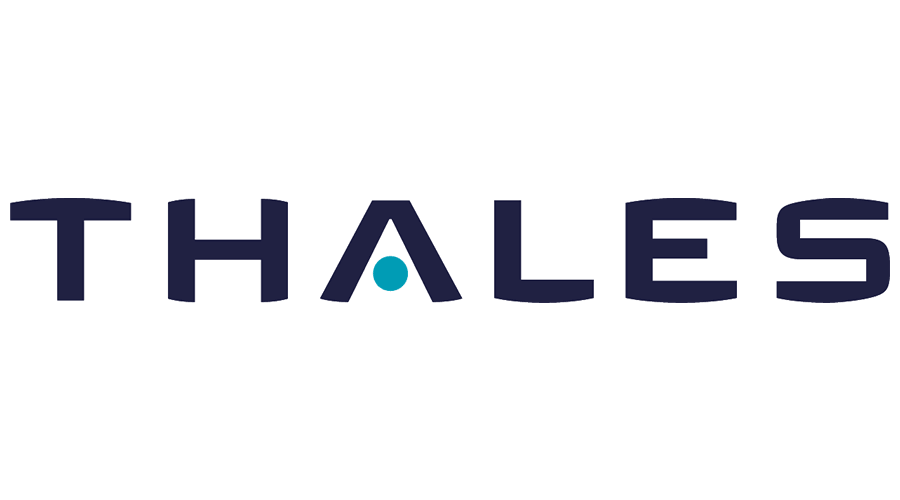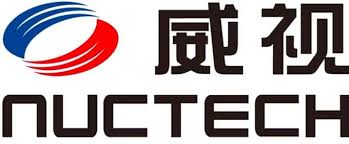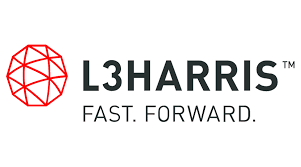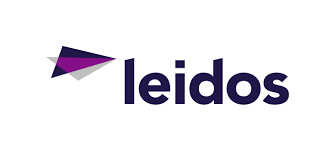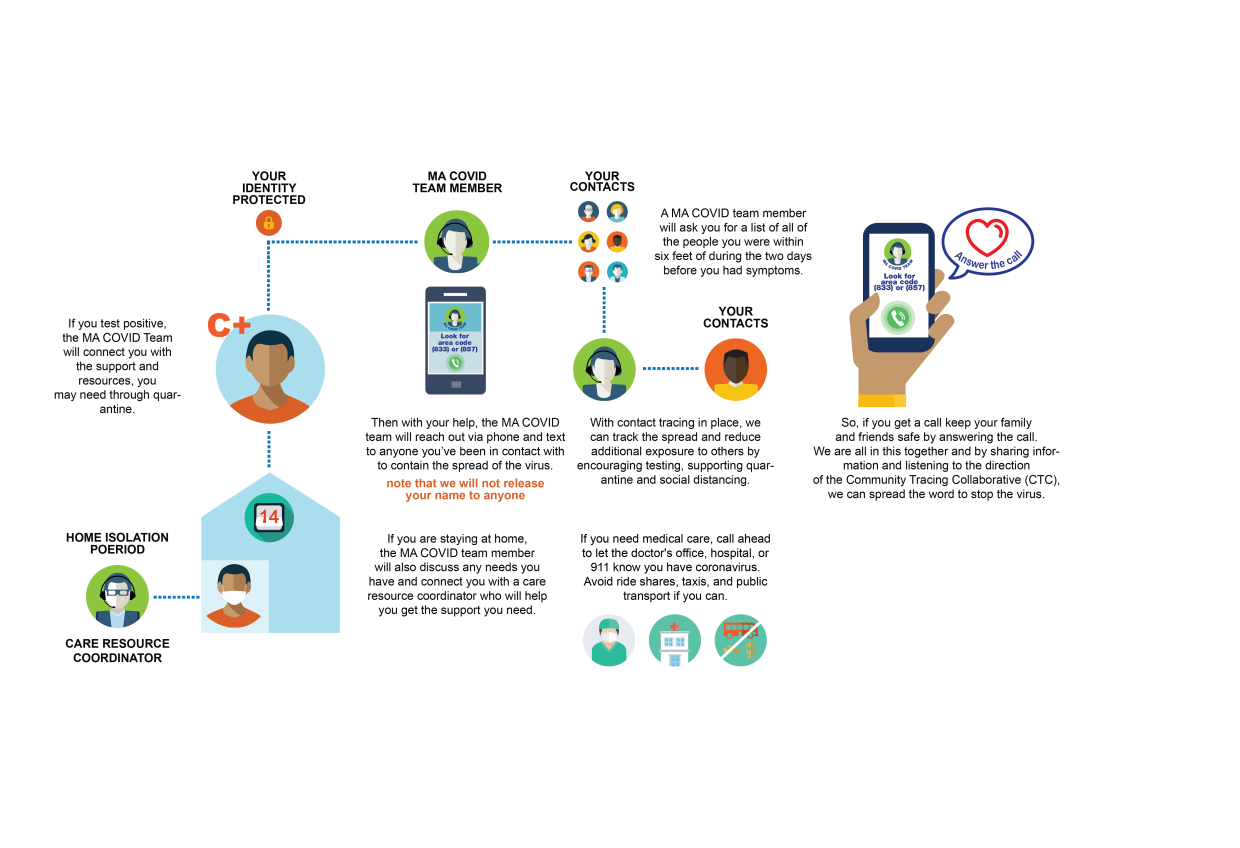
Massachusetts launches a $44M Community Tracing Collaborative to Fight COVID-19
As the US and other hard-hit countries across the globe begin to reopen after COVID-19 quarantine, it’s apparent that testing, contact tracing and isolation are the keys to preventing a second wave of infections.
In general, there are two main types of contact tracing: human and digital contact tracing. Human contact tracing consists of humans calling humans who tested positive and then retracing their steps for the past two weeks so that the contact tracer can then contact everyone the person who tested positive met to inform them they need to quarantine. This approach demands a lot of resources (mainly people) and is usually time-consuming, however, its much less invasive to the privacy of the community when compared to digital contact tracing solutions. Digital contact tracing involves contact tracing which uses digital solutions. These include contact tracing apps (Geo-location or Bluetooth based technologies), credit card analysis, CCTV analysis, and cell-phone records. This allows for a more precise and less resource reliant way of doing contact tracing. However, these methods of contact tracing are privacy invasive and run into constitutional issues in the United States and other Western countries. Contact tracing via digital methods can also be trickier to implement, since the vast majority of new technological devices have teething problems whereas contact tracing via humans has been done for centuries, so it is fairly easy to quickly roll out a high-quality human contact tracing program.
Massachusetts, in collaboration with Partners In Health, was the first in the nation to launch a statewide contact tracing program, known as the “Community Tracing Collaborative”. The program is estimated to cost $44m, with plans to hire at least 800 contact tracers, with numbers possibly going into the quadruple digits. The Community Tracing Collaborative calls people who have tested positive for COVID-19 to get the names and location of all people who interacted with the COVID-19 positive person during the past two weeks. It’s said that the contact tracers are making close to 10,000 calls per day as part of the initiative, however, only about 50% of these calls are being answered by the public. In addition, this program will give assistance to people who test positive and need help getting the food and housing to conduct adequate quarantine.
It remains to be seen which program other US states will elect to implement, human or digital. It should be mentioned that the Federal Government is not assisting with the enactment of Massachusetts’ contact tracing program, putting a financial burden on the state and any other state deciding to launch such a program. Furthermore, the program enacted by Massachusetts runs the risks encountered by faulty memory and the complexity of modern life, which would not be an issue with technological based contact tracing. Lastly, as mention in the beginning , contact tracing requires large volumes of testing, which is not being carried out widely enough in the United States in general to make contact tracing effective.
Are you interested in receiving updates on new exit strategies countries across the globe are implementing? Want to better understand what is happening in your market? Are you planning ahead so you know how to act once the crisis is mitigated? Make sure you use this time effectively to gather valuable information on your market, your competitors, and your customers.
Contact HSRC today to better understand these new measures. Don’t sit back and wait until it is all over or it might be too late. Need help from the experts? info@homelandsecurityresearch.com





